
by plant4health | Mar 16, 2016 | cancer, Healing, Nutrition, Plant-based, Vegan, WFPB, Whole food, Whole food, plant-based
 Our bodies have an amazing capacity for self-healing that we simply take granted. According to Dr. Lissa Rankin, physician and founder of the Whole Health Medical Institute, our bodies are equipped with natural self-repair mechanisms that instinctively know how to kill cancer cells, eliminate toxins, fight infections, and remove foreign bodies in order to keep us healthy. It’s when our natural self-repair mechanisms are not provided the support they need to function properly that disease manifests.
Our bodies have an amazing capacity for self-healing that we simply take granted. According to Dr. Lissa Rankin, physician and founder of the Whole Health Medical Institute, our bodies are equipped with natural self-repair mechanisms that instinctively know how to kill cancer cells, eliminate toxins, fight infections, and remove foreign bodies in order to keep us healthy. It’s when our natural self-repair mechanisms are not provided the support they need to function properly that disease manifests.
So, why aren’t we always in perfect health? It turns out that we create our own barriers to self-healing: poor nutrition, lack of sleep/rest, toxic environments (chemical, physical and emotional). Without the proper supports that fuel our cells and nourish our tissues our body’s systems become stressed, forcing them to become overworked and compensate. This causes weak points in our body that become vulnerable to disease and chronic inflammation.
This is why a holistic approach to healing is important. Holistic healing addresses all parts of an individual – physical, mental, emotional, spiritual. It is a way to look at how a person’s life style and environment is impacting their healing process. To truly heal, we need to stop and take notice of our whole experience – how our way of life, behaviors, and feelings are affecting our health. It is when we provide our bodies with the support tools it needs (nutrition, rest, exercise, and emotional support), it can effectively and efficiently do what it does best – keeping us healthy.
We believe that nutrition is a foundational element of perfect health and built www.plant-based4health.com to educate and inspire people to consider a whole food, plant-based diet. We are now excited to expand our focus beyond nutrition to holistic healing. Topic areas will include self-healing, meditation, energy healing, exercise and more. We invite you to check out our new content and would love to hear your ideas and suggestions.
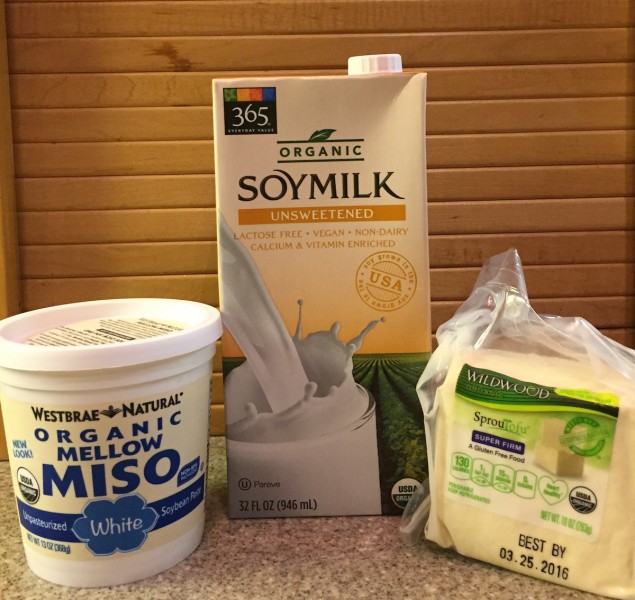
by plant4health | Feb 14, 2016 | cancer, Healing, Nutrition, Whole food, plant-based
I have had several friends tell me that they avoid soy products (edamame, tofu, tempeh, miso, and soy milk) due to the plant estrogens that they fear contribute to hormone-related cancers such as breast, uterine and ovarian in women and prostate in men. However, numerous scientific studies indicate that soy products actually reduce the risk of these cancers and prevent the risk of breast cancer recurrence.
Soybeans contain a class of phytoestrogens or plant estrogens called isoflavones. This plant estrogen does not have the same effect on your body as animal estrogen. According to Dr. Michael Greger in his book “How Not To Die”, “phytoestrogens dock into the same receptors as your own estrogen but have a weaker effect, so they can act to block the effects of your more powerful estrogen.”
Breast cancer: (more…)
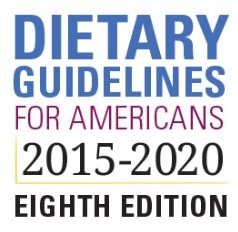
by plant4health | Jan 11, 2016 | Nutrition, Whole food, plant-based
They’re better, but still influenced by the food industry…
On January 7, 2016, the U.S. government released the Dietary Guidelines for Americans which is jointly developed every five years by the U.S. Departments of Health and Human Services (HHS) and of Agriculture (USDA). The guidelines serve as a resource to health care professionals, policymakers and the general public by providing nutrition advice for maintaining health and preventing chronic diseases. According to the report “about half of all American adults – 117 million people – have one or more preventable, chronic diseases, many of which are related to poor quality eating patterns and physical inactivity.” This level of chronic illness costs billions of dollars in medical bills and lost productivity annually.
The good news for those of us who thrive on a whole food, plant-based diet is that the guidelines recommend that Americans consume more fruits and vegetables, more fiber and whole grains. The five key guidelines from the report are: (more…)
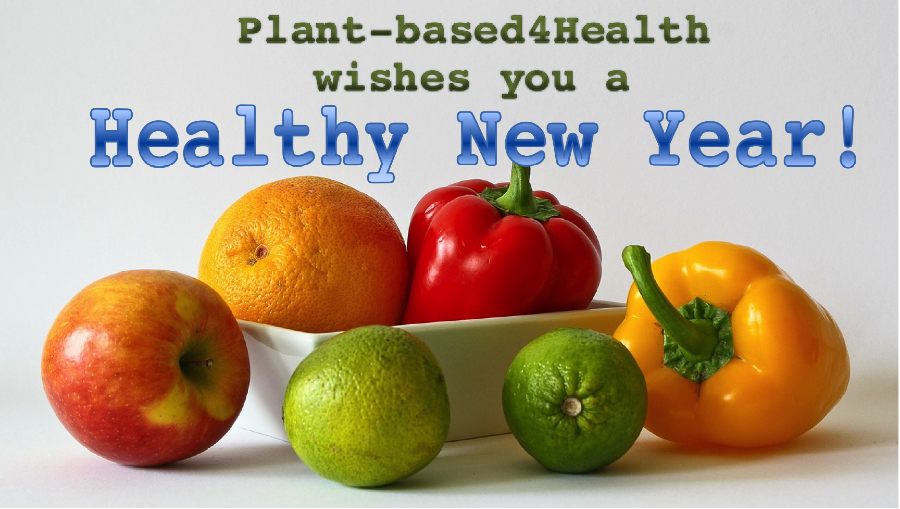
by plant4health | Dec 30, 2015 | Healing, Nutrition, Plant-based, Recipes, Vegan, WFPB, Whole food, Whole food, plant-based
 It’s a huge challenge to eat healthy during the holidays. Overindulgence of rich and sugary foods goes hand-in-hand with the season of giving, making it difficult to find a balance between holiday traditions and healthy eating. After the celebrating is over, we look to the new year in hopes of regaining our equilibrium. It’s the perfect time to renew the commitment towards making healthier choices.
It’s a huge challenge to eat healthy during the holidays. Overindulgence of rich and sugary foods goes hand-in-hand with the season of giving, making it difficult to find a balance between holiday traditions and healthy eating. After the celebrating is over, we look to the new year in hopes of regaining our equilibrium. It’s the perfect time to renew the commitment towards making healthier choices.
I invite you to join me in reclaiming healthy eating habits. I’m not talking about the dreaded “d” word – “dieting”. “Dieting” is filled with the negativity of depriving yourself of the foods your body has become addicted and emotionally attached to. (Learn more about your brain and food addiction.)
(more…)
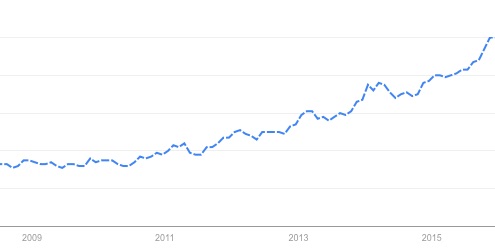
by plant4health | Dec 22, 2015 | Healing, Nutrition, Plant-based, Vegan, WFPB, Whole food, plant-based

Google search results for “Veganism – Diet”
As 2015 comes to a close, I’d like to thank all of our supporters and regular readers of plant-based4health.com. My sister-in-law, Kathy Parnay, and I launched the site in January 2015 as a way to share tips, resources, blog posts and recipes with people who are inspired to learn about and try a whole food, plant-based (vegan) diet to prevent or reverse chronic disease.
Kathy knows first hand about the healing power of a low glycemic, alkalizing plant-based diet. Her husband, Stefan, cured his prostate cancer on this diet, avoiding the surgery, chemo and radiation that his doctors strongly recommended. See their story: Our Journey with Prostate Cancer – A Wife’s Perspective. It is well documented that a whole food, plant-based diet can help people reverse Type 2 diabetes and heart disease, reduce cholesterol and blood pressure and lose weight. Sites like Physicians Committee for Responsible Medicine, PCRM.org, the T. Colin Campbell Center for Nutrition Studies, Dr. Michael Greger’s NutritionFacts.org, and Dr. John McDougall’s Health and Medical Center continually publish evidence-based articles and personal stories supporting the health benefits of whole food, plant-based nutrition.
Here are some of our popular posts and articles from this year: (more…)
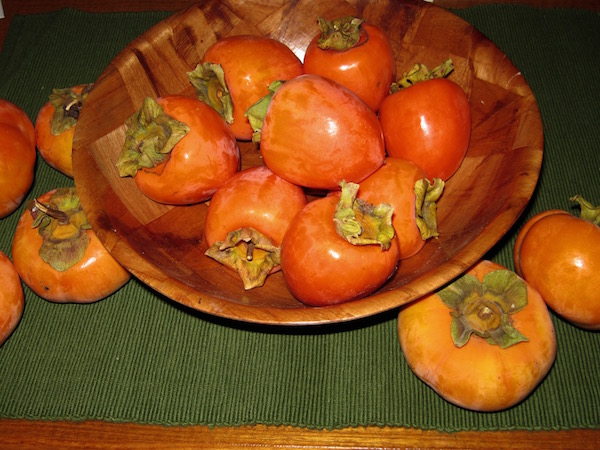
by plant4health | Dec 8, 2015 | Healing, Nutrition, Plant-based, Recipes, Vegan, WFPB
 Most people underestimate the nutritional value of Persimmons.
Most people underestimate the nutritional value of Persimmons.
Persimmons are a strange fruit. In late Fall in Northern California, you can find this plump fruit dangling from bare tree limbs, hanging on as if afraid to let go. Persimmons have a delicately mild sweet flavor and a firm apple-like consistency (Fuyu variety) or a soft and stringy texture (Hachiay variety). Until recently, I didn’t pay much attention to the potential value of their nutrients, being prejudice against their unusual textures and lack of distinct robust flavor. However, upon urging from my daughters and the generosity of my mother-in-law’s bountiful trees, we have incorporated this fruit into our Fall diet this year. Much to my surprise, Persimmons have become a wonderful complement to our plant-based meals.
This seasonal fruit holds a amazing amount of healing nutrients. Persimmons are: (more…)

 Our bodies have an amazing capacity for self-healing that we simply take granted. According to Dr. Lissa Rankin, physician and founder of the Whole Health Medical Institute, our bodies are equipped with natural self-repair mechanisms that instinctively know how to kill cancer cells, eliminate toxins, fight infections, and remove foreign bodies in order to keep us healthy. It’s when our natural self-repair mechanisms are not provided the support they need to function properly that disease manifests.
Our bodies have an amazing capacity for self-healing that we simply take granted. According to Dr. Lissa Rankin, physician and founder of the Whole Health Medical Institute, our bodies are equipped with natural self-repair mechanisms that instinctively know how to kill cancer cells, eliminate toxins, fight infections, and remove foreign bodies in order to keep us healthy. It’s when our natural self-repair mechanisms are not provided the support they need to function properly that disease manifests.




